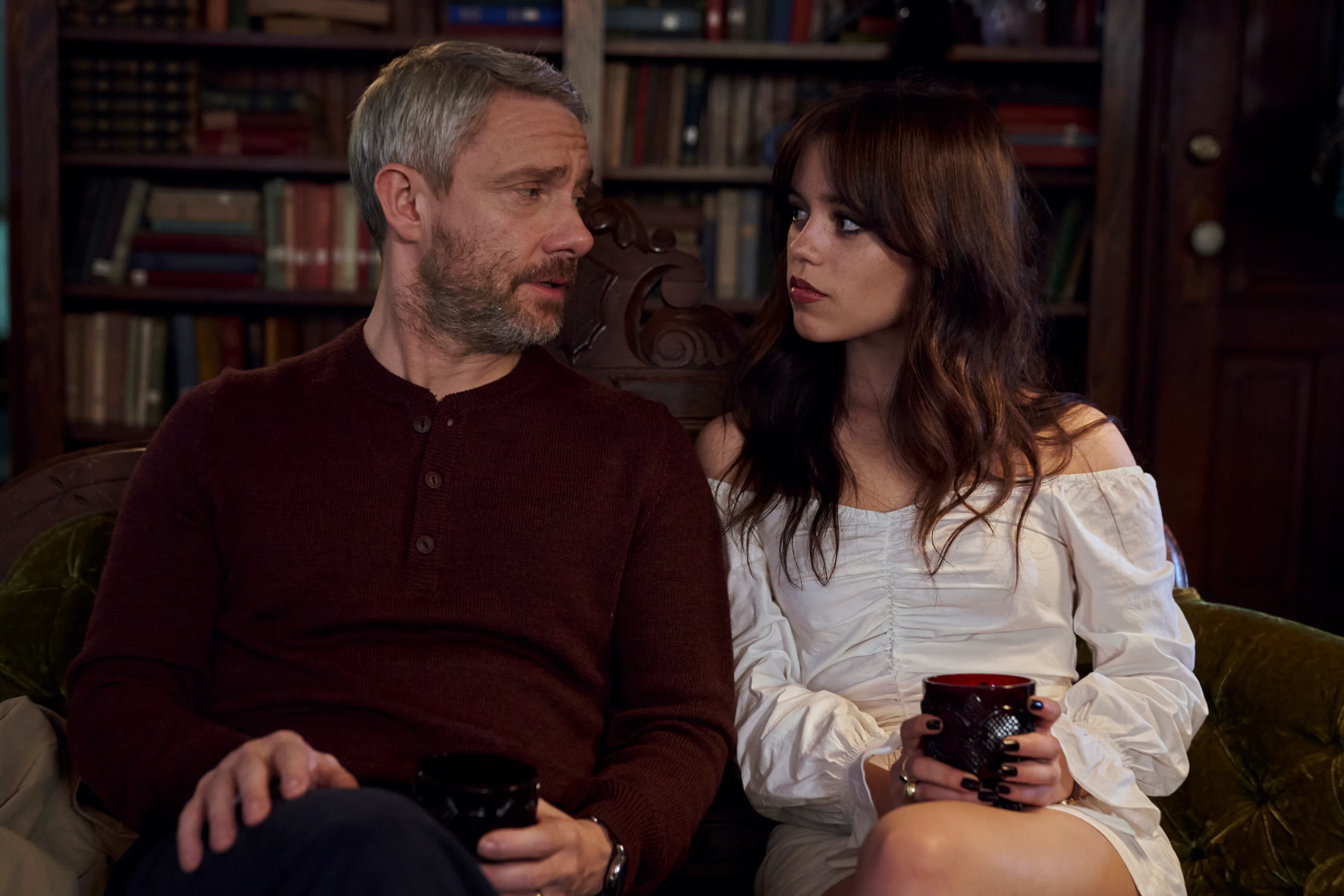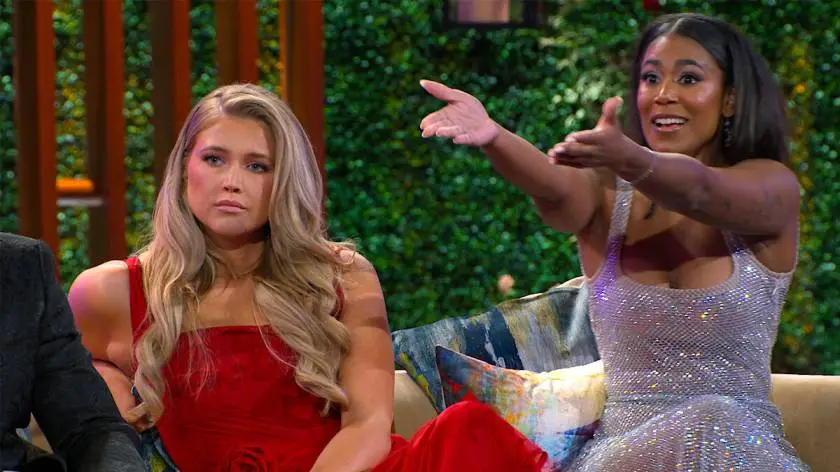While being bored of true crime documentaries on Netflix, we thought why not try other streaming platforms? Dancing On The Grave was released earlier this year and has been silently sitting on our watchlist, waiting patiently. In 1991, a model from Mumbai walks into Ashok Nagar, Bangalore police station, and starts screaming the place down. Her mother has been missing for months and the cops have only sat on their hands, doing nothing. Cousins, aunts, neighbors, journalists, and the model daughter Sabah, launch into a grim story about Shakereh Khaleeli. A princess, granddaughter of a Diwan of Mysore. Shakereh was born into wealth, opulence, and the world of the elite and aristocrats. She was a lively woman, loved and adored by everyone. Soon at 19 years old, she got married to Akbar Khaleeli, an Indian Foreign Service officer. They had 4 beautiful daughters. Troubling started brewing when Akbar was posted in Iran. Shakereh was visiting Delhi, meeting a friend when she was introduced to Swami Shradhananda alias Murali Manohar Mishra. Swami was a self-acclaimed godman, who inserted himself into Shekereh's life intimately. Soon Shakereh got divorced from her husband and married Swami within months of her separation. Because of this decision, she was ostracised by her Shia Muslim community and her family. They cut all ties with her. Her daughters moved with their father to Italy. Beauce of the distance and her sudden nuptials, Shakereh lost contact with her daughters and her family. Her daughters on returning to India tried to contact her and rekindle their relationship. It worked for some time until Shakereh disappeared into thin air one day.
The relatives speak of Swami with disdain and wariness. In the first two episodes, Swami is painted in colors of suspicion. The fact that both Shakereh and Shradhananda belonged to different statuses is repeated a hundred times. Because of their differences, it is assumed that he must be the culprit. Of course, it is corroborated by his shadiness but it is obvious prejudice precedes caution.
The police investigation starts shoddily but soon leads to the arrest of Swami. While being interrogated, after 3 hours, Shradhananda surprisingly breaks down and confesses. While the police maintain it was an intense interrogation, Shradhananda firmly maintains that he was tortured. The confession was coerced. His lawyer still believes the police got the wrong man.
We aren't entirely sure if Shakereh got the justice she deserved. She was buried alive, in a wooden box conveniently appearing at the household. When Shradhananda says he is innocent, is the true criminal still roaming free?
True crime documentaries play into our voyeuristic fantasies. The genre flits between our perverse curiosity and warning. Lock your doors, women must live with caution, and beware of strangers.
By SB












